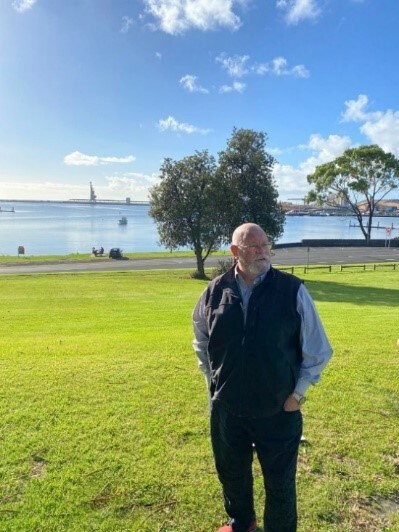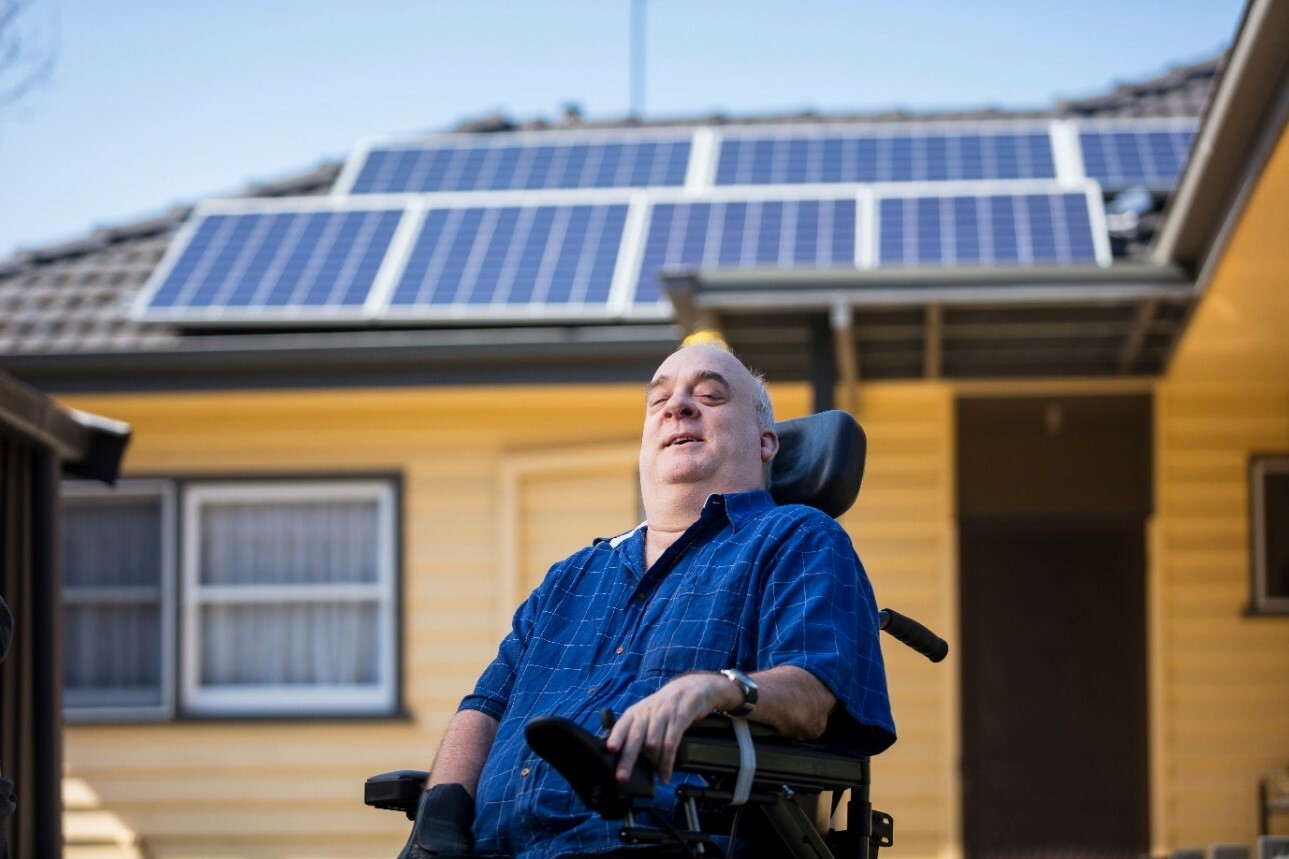Helped make energy more affordable
Many Australians struggle with energy poverty. The need for fair and ambitious action on climate change is clear.
Early in the COVID-19 crisis, we identified the heightened risk of energy poverty that many households would face because of rolling lockdowns, lost employment or reduced hours and increased time spent at home.
Working with our partners, we successfully advocated to government for specific measures to alleviate energy poverty in Victoria and nationally. These included a moratorium on energy disconnections during the crisis and a $1.6 billion package from the Victorian Government to address energy poverty and assist the transition to a lower-carbon future.
We helped over 5,000 low-income people to access a $250 bonus from the Victorian Government that they would otherwise have struggled to access because of limited internet skills, language barriers and a range of other barriers. Support included switching energy providers, accessing utility relief grants, providing energy literacy and efficiency advice and support.
We also continued to advocate for lower energy bills. Supported by Energy Consumers Australia, we represented the interests of low-income households in Victoria’s Electricity Distribution Price Reset, which determines a large part of every household’s electricity bills.
How we've made energy more affordable
Leading the Energy Assistance Program
Through the Energy Assistance Program, we improved people’s capacity to lower their energy costs and improve their home’s energy efficiency.
In Victoria, BSL led a consortium which gained support from the Victorian Government, to assist people through the Energy Assistance Program. This innovative over-the-phone project provided households with free, independent energy advice and support, which improved their capacity to lower their energy costs and improve their home’s energy efficiency.
The program also provided an essential window into the lived experience of people facing energy hardship and enabled us to identify systemic issues in the energy market.
Victorian pensioner, Rodney, saved $700 with our energy support

With a 15-year career in the electricity sector behind him, Rodney Lovett was one of a rare breed of well-informed consumers who read the fine print of contracts before signing, and believed he knew pretty much all there was to know about energy bills.
He was wary of the barrage of energy advertisements and never responded to them.
That changed when the pensioner received a letter from the Victorian Government alerting him to his eligibility for the state’s $250 Power Saving Bonus.
When Rodney called BSL to discuss the Power Saver Bonus, the 70-year-old was also helped to find the best energy deal available to him.
Rodney found the BSL consultant helpful and easy to communicate with. ‘I trusted her, and she saved me money without me having to do anything. Together with the $250 Power Saving Bonus, I am saving about $700 in the first 12 months.’
Rodney wanted to stay with his original energy retailer, so BSL called them and secured a cheaper plan.
I thought I had purchased well with my original gas and electricity plans based on my previous knowledge. I didn’t realise my provider had a cheaper plan. Energy retailers never come back to you to let you know that you could be saving money. I would encourage everyone eligible to use the Energy Assistance Program.
Helping people to have healthy, energy efficient homes
We helped create healthy, energy efficient homes for people living with chronic health issues and in energy poverty.

Climate Safe Homes , a partnership with Lord Mayor’s Charitable Foundation and Hansen Little Foundation, is focused on creating healthy, energy efficient homes for people living with chronic health conditions and in energy poverty. We successfully advocated for the Victorian Government to introduce incentives for 250,000 low-income households to install efficient heating and cooling and provide additional support for upgrades in social housing.